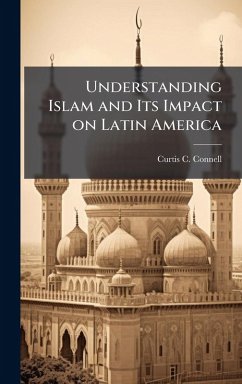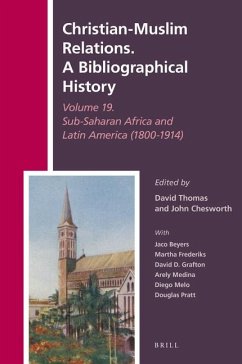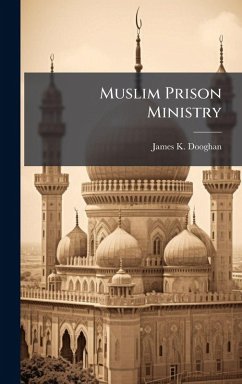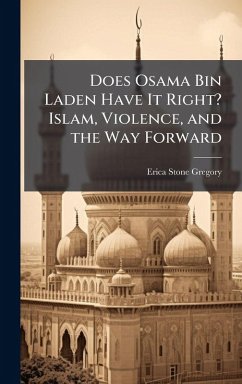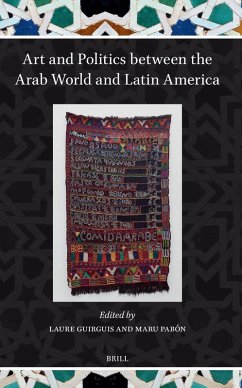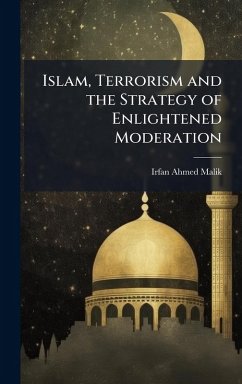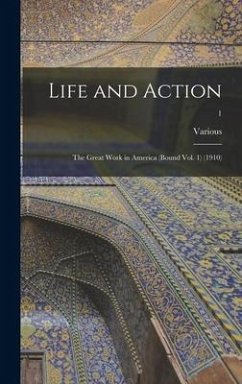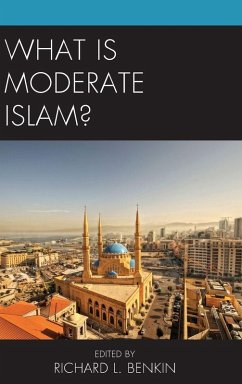
Understanding Islam and Its Impact on Latin America
Versandkostenfrei!
Versandfertig in über 4 Wochen
28,99 €
inkl. MwSt.
Weitere Ausgaben:

PAYBACK Punkte
14 °P sammeln!
The initial question of this study concerns the debate between those who believe in a general Islamic threat, as defined most eloquently by Samuel P. Huntington in The Clash of Civilizations and the Remaking of World Order, and others who see a small band of religious fanatics who have hijacked Islam from the moderate majority. This question about the source of terrorism has importance to the major Islamic nations as it does for Latin American countries, where Muslims are a largely undistinguishable minority. The preliminary answer for Latin America is that the United States should not be alar...
The initial question of this study concerns the debate between those who believe in a general Islamic threat, as defined most eloquently by Samuel P. Huntington in The Clash of Civilizations and the Remaking of World Order, and others who see a small band of religious fanatics who have hijacked Islam from the moderate majority. This question about the source of terrorism has importance to the major Islamic nations as it does for Latin American countries, where Muslims are a largely undistinguishable minority. The preliminary answer for Latin America is that the United States should not be alarmed at the potential for Islamic fundamentalism, but sufficiently concerned to keep a watchful eye on future developments. In fact Connell suggests that the demographics do not favor the growth of ane ffective radical movement. If there are too few Muslims in LatinA merica to birth radicalism, there is on the other hand, a very active and extensivenative, nonIslamic terrorism. The author connects these dots because he sees a latent connection to Muslims in the areas where terrorist organizations and drug traffickers proliferate. It is a potentially easy step for incipient Muslim radicals to get caught up and find beneficial purpose with these criminals. Forexample, the US dependence on imported petroleum and natural gas and a vulnerable transportation system provide an attractive target for Islamic terrorists, one they have used in the past. This work has been selected by scholars as being culturally important, and is part of the knowledge base of civilization as we know it. This work was reproduced from the original artifact, and remains as true to the original work as possible. Therefore, you will see the original copyright references, library stamps (as most of these works have been housed in our most important libraries around the world), and other notations in the work. This work is in the public domain in the United States of America, and possibly other nations. Within the United States, you may freely copy and distribute this work, as no entity (individual or corporate) has a copyright on the body of the work. As a reproduction of a historical artifact, this work may contain missing or blurred pages, poor pictures, errant marks, etc. Scholars believe, and we concur, that this work is important enough to be preserved, reproduced, and made generally available to the public. We appreciate your support of the preservation process, and thank you for being an important part of keeping this knowledge alive and relevant.



